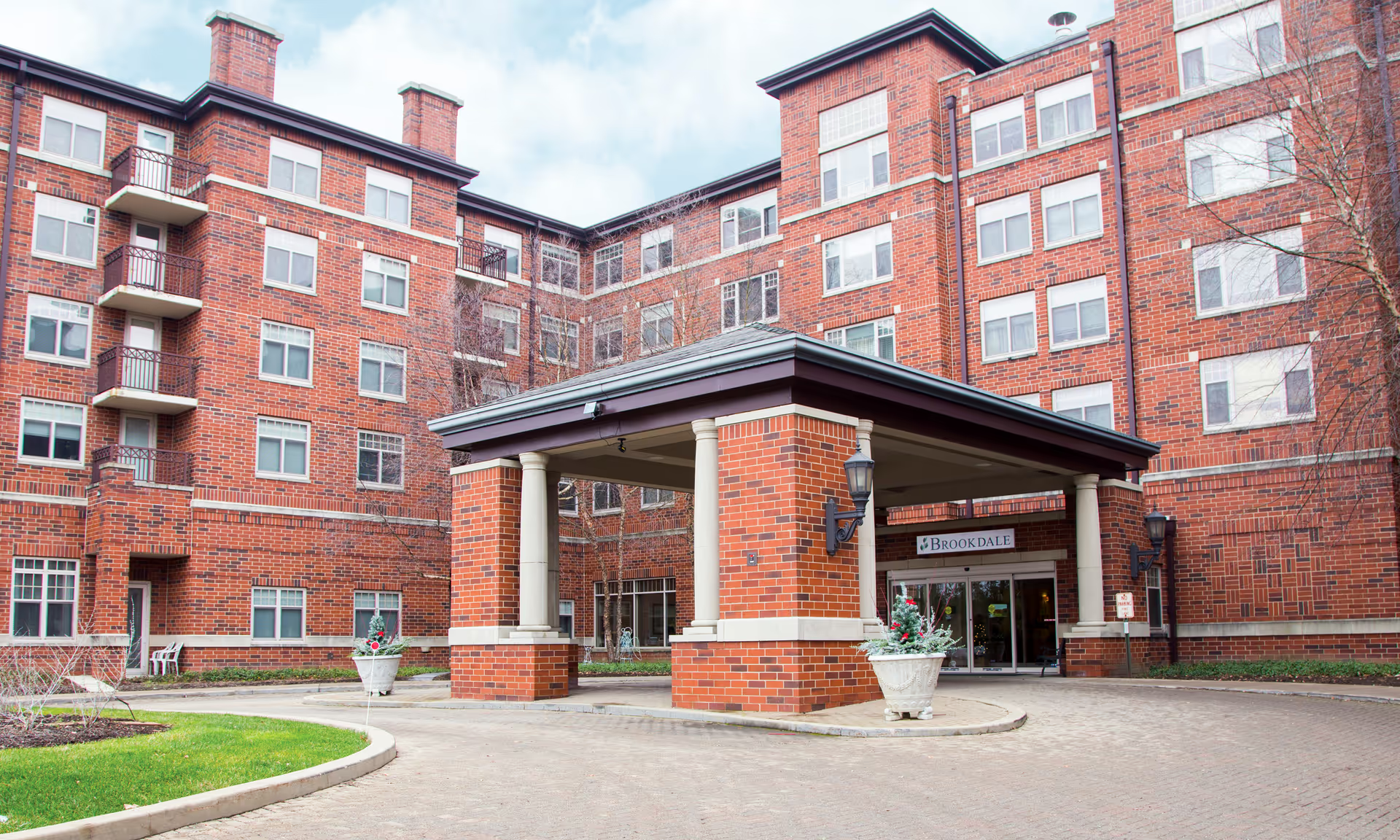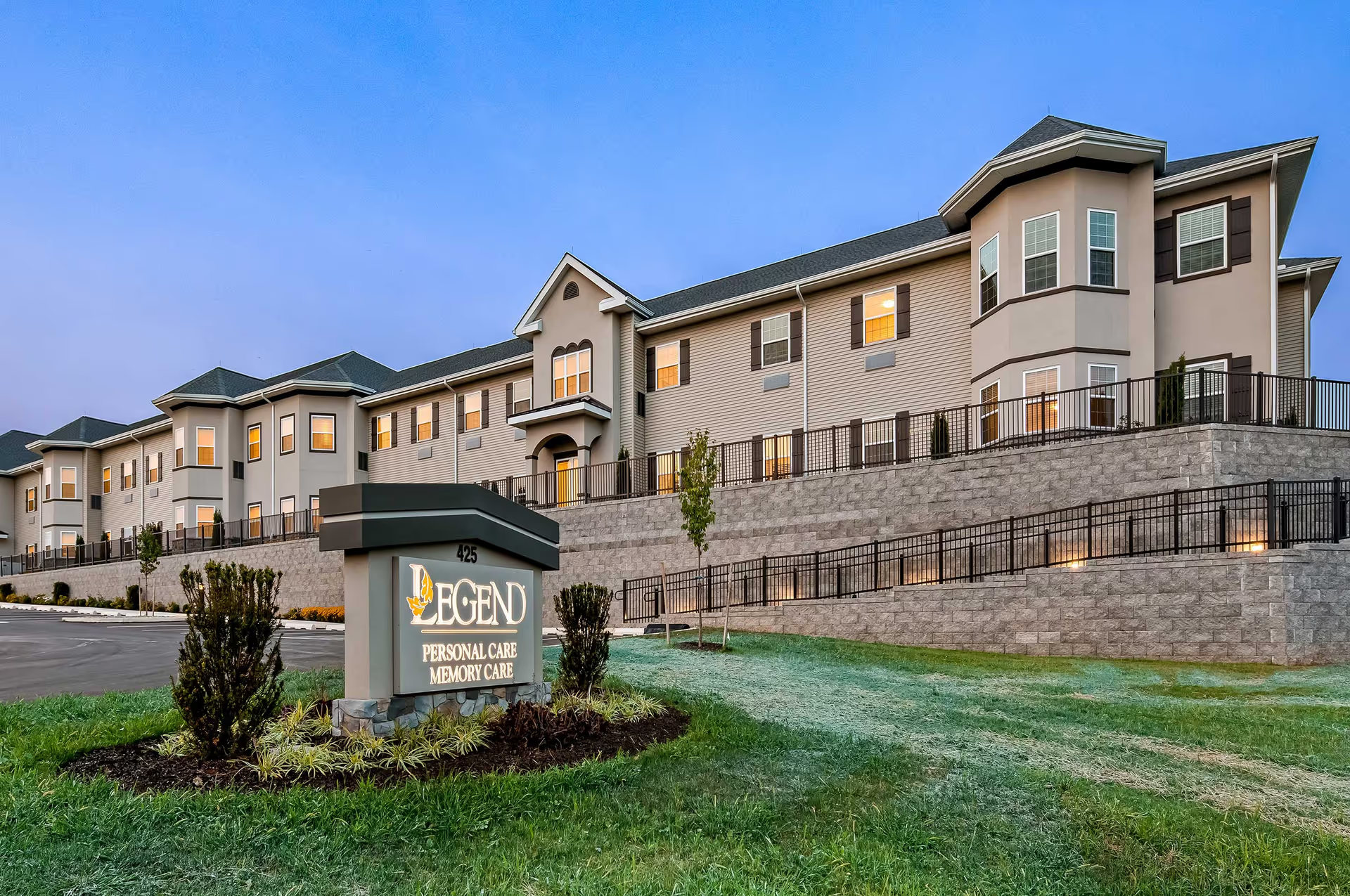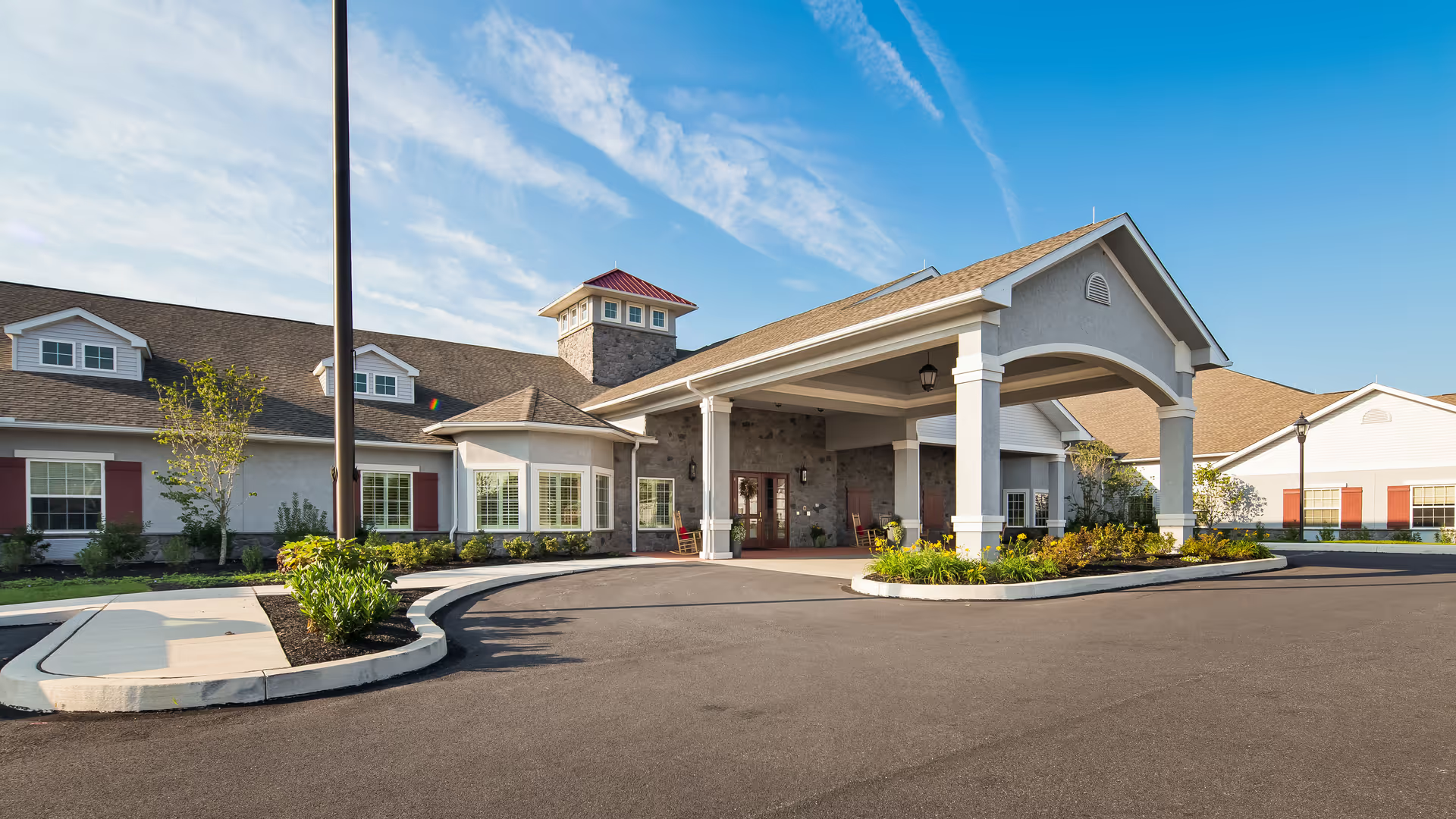Overall sentiment in the reviews is mixed and somewhat polarized: several reviewers report genuinely positive personal experiences focusing on caring staff, professional CNAs, and strong clinical care, while other reviewers describe significant shortcomings around facility condition, hygiene, and advocacy. Positive comments emphasize dedicated individual caregivers, a pleasant social atmosphere among residents, and practical benefits such as attractive pricing, convenient location, and transportation help. Negative comments center on environmental and systemic issues including cleanliness, outdated facilities, shared bathrooms, food quality, and lack of advocacy for vulnerable residents.
Care quality and staff: Reviews repeatedly praise certain clinical staff and direct caregivers. Multiple reviewers call out a good nurse, professional CNAs, hardworking and very caring staff, and at least one CNA singled out as exceptional. Several family members expressed gratitude and noted that a loved one enjoyed their stay and received attentive care, and long staff tenure was mentioned as a benefit that can provide consistency. At the same time, there are clear reports of inconsistent staff performance — some say staff could be better and one reviewer described a very negative overall experience. There is a clear pattern that individual caregivers are often well regarded, but consistency of care and reliability may vary.
Facilities and basic needs: A recurring and serious concern is the condition of the physical plant and basic amenities. Reviewers describe the facility as older and not clean, and repeatedly note the lack of private bathrooms or that bathrooms are shared. These issues affect resident comfort, dignity, and likely hygiene. Some reviewers explicitly stated that basic needs were not being met, and one review called out neglect of residents who are deaf or blind, indicating gaps in meeting special needs and accessibility. Taken together, these comments suggest facility upkeep, infection control/cleanliness, privacy, and accommodations for sensory impairments are important problem areas.
Dining and services: Dining is another consistently negative theme. Multiple reviewers described the food as bland or not good and mentioned limited dining options. While transportation assistance is cited positively and the price/location are attractive selling points, the quality and variety of meals appears insufficient for many residents and families. Limited dining options plus reports of bland food point to an opportunity for improving meal planning, culinary variety, and resident satisfaction with nutrition and dining experience.
Advocacy, management, and overall patterns: Several reviews explicitly state that patient advocacy is lacking—phrases such as no patient advocates, no advocacy point offered, and advocacy lacking were used. This suggests systemic weaknesses in resident representation, complaint resolution, or family communication. When paired with reports of unmet basic needs and neglect of vulnerable residents, the lack of advocacy raises concerns about oversight and responsiveness. The overall pattern is one of contrast: positive, personal-level interactions with certain staff and a congenial resident atmosphere versus more systemic operational and environmental shortcomings that some families found serious enough to not recommend the facility.
Summary assessment and implications: Alpha Concord Plantation appears to have meaningful strengths in caregiver dedication, certain professional staff, a friendly resident milieu, and practical advantages like cost, location, and transportation help. However, the repeated concerns about cleanliness, an aging facility infrastructure, shared bathrooms, poor dining, insufficient advocacy, and inconsistent care quality are significant and recurring. For prospective residents or families, the facility may be a reasonable option if the priorities are cost, location, and the presence of some caring staff—especially if they can meet specific staff members who have demonstrated strong performance. For the facility to improve satisfaction broadly, priorities should include addressing hygiene and maintenance, improving privacy (bathroom situation), upgrading meal quality and choices, and establishing clear resident advocacy and oversight to ensure consistent care for all residents, including those with sensory impairments.







